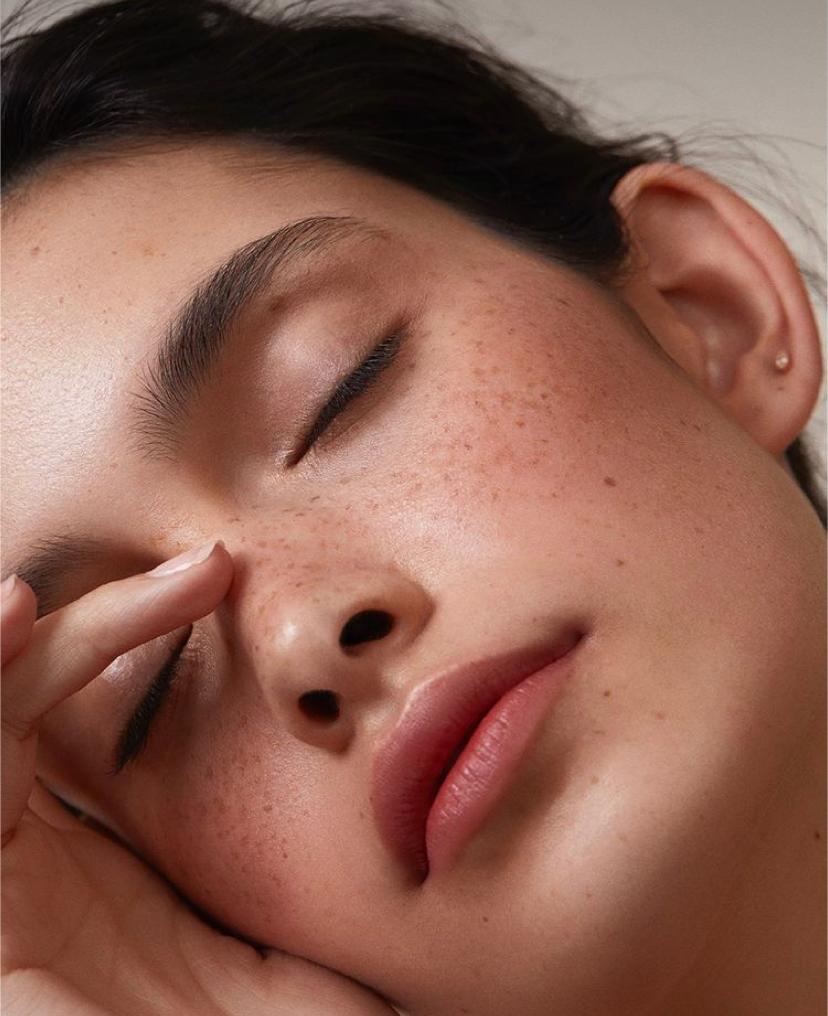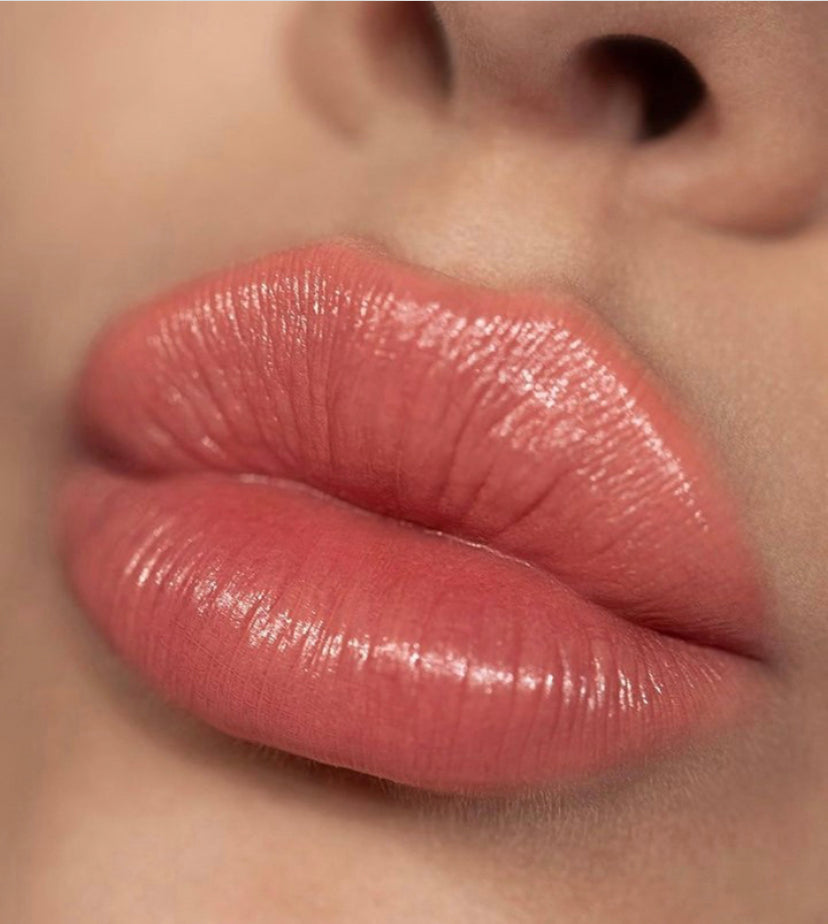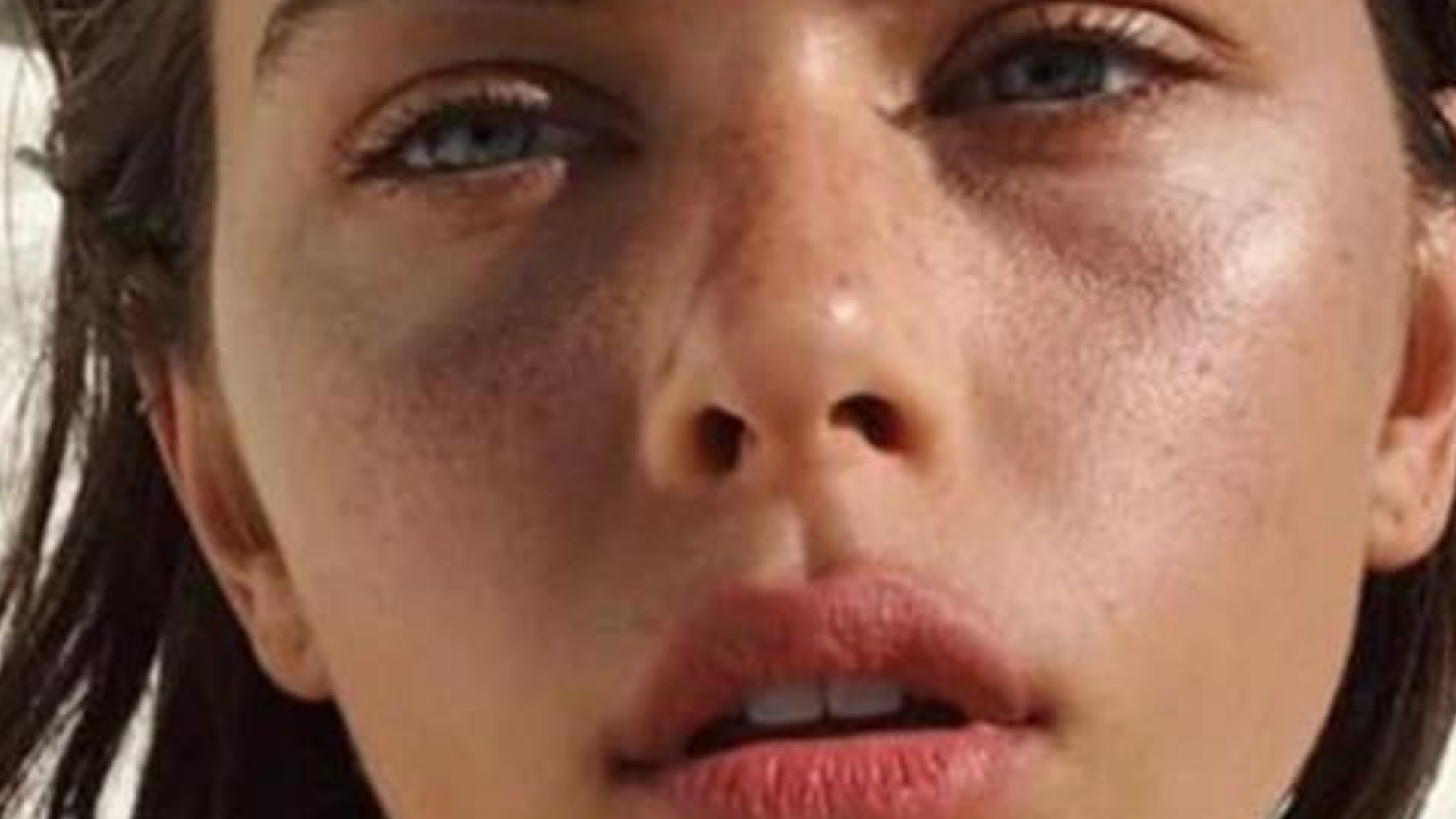
5 Reasons You Are Still Getting Acne In Your 30s
Getting acne in your teenage years seems like a usual occurrence, but battling pimples in your 30s feels a bit much. Right? Yet, adult acne in your 20s and 30s is actually pretty common.
Find out what’s causing your acne, and how you can treat it effectively.
CAN YOU GET ACNE WHEN YOU’RE AN ADULT?
One of the biggest skin care myths out there is that you only get pimples and acne in your teenage years.
Acne is caused by a combination of clogged pores and bacterial overgrowth. Sebum, dead skin cells, and dirt can trap bacteria and yeast, which can lead to an outbreak for anyone at any age.
In fact 54% of woman and 4% of men still struggle with acne over the age of 25.
So, if you still have acne and pimples in your 30s, you’re not alone.
Luckily, knowing what might cause your acne can also help you find an effective treatment for it.
5 REASONS WHY YOU’RE STILL GETTING ACNE IN YOUR 30s
1. HORMONES
Hormonal changes are some of the most common reasons for adult acne in your 30s.
For both men and women, hormonal changes in their 30s can lead to skin problems.
Testosterone and estrogen levels begin to decline in your early 30s. This means lower cell turnover, less elasticity, and dryer skin.
If you don’t take care of your skin to balance out these hormonal changes, this can lead to early wrinkles and acne flare-ups.
2. DIET
What you eat directly affects how your skin looks. And depending on your diet, it can also trigger an acne outbreak, even in your 30s.
Certain foods can make your acne worse:
-
Dairy products: Milk, yogurt, and cheese are common culprits behind flareups.
-
Alcohol: While alcohol doesn't directly lead to acne, it can influence your hormone levels, which in turn influences your skin.
-
Sugar: Fizzy drinks, sweets and other processed foods with high sugar content can also make acne worse.
3. THE WRONG SKIN CARE ROUTINE
A skin care routine that doesn’t suit your skin type is just as bad as not having one. Either way, pimples can come if you’re not treating your skin in the right way or if you use the wrong products.
If you want acne-free skin in your 30s, make sure you speak to a professional to find products that fit your skin’s needs and then stick to the routine.
4. NOT DRINKING ENOUGH WATER
As you get older and busier it’s easy to forget about drinking enough water.
Drinking enough water keeps you and your skin well-hydrated. If your skin’s dry, it may overcompensate with excessive oil production. That means more sebum to block your pores.
5. NOT EXFOLIATING OR HAVING REGULAR FACIALS
Whether your acne is mild or more severe, regular exfoliation and regular skin treatments will smooth and soften the skin and brighten your complexion. Exfoliation also helps reduce breakouts by keeping the pores from becoming blocked and clogged with dead skin cells and sebum.
HOW TO TREAT ADULT ACNE IN YOUR 30S
Whether you’re a teenager or an adult, you need to treat your acne to have a clear complexion.
-
Commit to a skin care routine: Having a regular routine to take care of your skin can ensure that your skin stays clear, healthy, and glowing.
-
Buy the right products: If you have acne-prone skin, you need to buy products that target the cause of your breakouts. products with salicylic acid are a good choice for most skin types.
-
Cleanse twice a day: Regularly washing your face removes built-up sebum, dirt, and dead skin cells, and prevents acne.
-
Exfoliate twice a week: Use gentle exfoliants or a muslin cloth to remove dead skin cells from your face. Over exfoliating also has its dangers. You may cause irritation and dry out your skin.
-
Wash your makeup off before bed: No matter how tired you are after a busy day or a night out, always wash off your makeup before you go to bed. Your skin regenerates while you sleep. Leftover makeup can disturb that process.
-
Drink more water, eat less processed foods: Staying away from foods that you know make your acne worse can help clear up your complexion.


